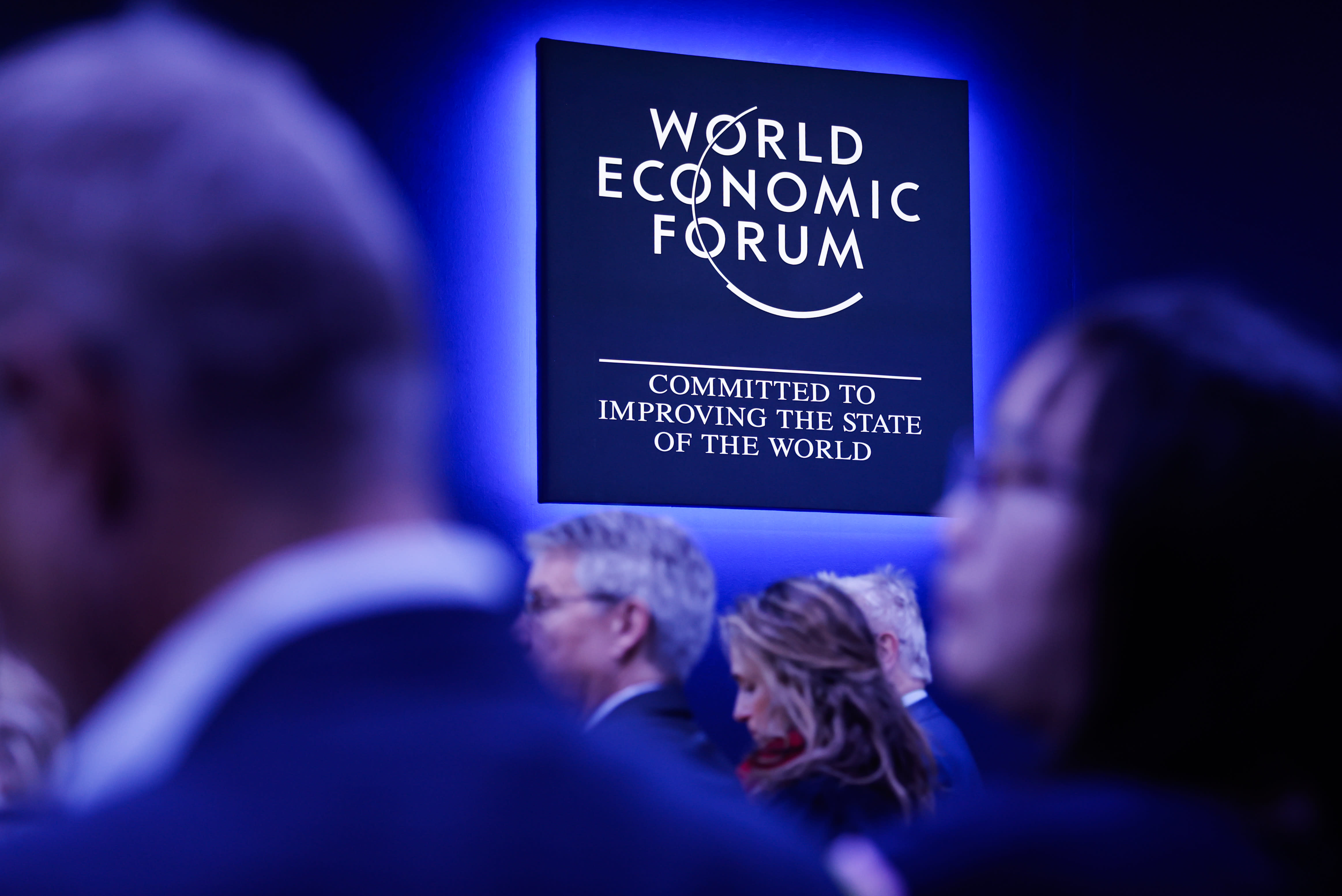What happens next could decide the fate of the whole world. After more than nine months of desperate fighting against Hamas, Israel may now be on the brink of total cataclysm.
Military action against Hezbollah, Iran's largest and best-trained proxy group, in neighbouring Lebanon, could bring war on a totally different scale, a war which Israel is far from certain to win.
It is a war that might easily involve Britain – not only in supplying arms and air cover for Israel, but potentially hurling this country into armed conflict with Hezbollah. Such a war would inevitably have a seismic effect on our domestic politics, already riven by pro-Palestinian protests.
America's presidential election, in unprecedented chaos as it is, will be upended if Iran openly declares its military support for Hezbollah. That's one short step away from a war that engulfs the whole of the Middle East.
And in the ultimate nightmare scenario, if Israel determines that its very existence is threatened and deploys its nuclear arsenal, then global war would almost certainly ensue, with Russia and Pakistan likely to be among the first to react.


The battering of the Gaza Strip, which has reduced entire cities to rubble and forced more than 1.5million people into refugee camps, has given the world an illusion of Israel's invincibility.
This is far from the reality. Israel is exhausted by the conflict. Previous wars in the nation's 76-year history have been brief, decisive affairs, and this is neither.
After nearly 300 days of conflict, not only does prime minister Benjamin Netanyahu's hardline cabinet continue to resist international calls for a ceasefire, but the guerrilla army of Hamas fighters has proved worryingly resilient.
Their failure to wipe out Hamas will no doubt worry Israelis. And Hezbollah is no Hamas. It is far larger, with the support of at least 2.5million Lebanese, almost half the population.


In fact, the group rules the country south of Beirut and its leaders have been preparing for war against Israel for years, backed by vast funding and training from Iran.
Their fighters are not a volunteer militia hiding among the civilian population and scurrying through tunnels, but a highly organised, well-equipped, disciplined army, dug into heavily fortified positions.
Whether Saturday's slaughter of 12 children in a rocket attack was intended as the starting gun for a war is not clear. It was certainly an outrageous provocation.
Israel has already retaliated with air strikes against targets in Lebanon. And there is a danger that if its response to the killings is not sufficiently forceful, then Hezbollah and its Iranian paymasters will feel emboldened.
But if Israel pursues further escalation, as seems probable, it couldn't come at a better time for the terrorists. This could start a war most Israelis don't want, which will undermine Netanyahu. Already 120,000 people have fled their homes in the north because of Hezbollah rocket attacks.
Meanwhile, in the US, Kamala Harris, the Democrat candidate to replace President Joe Biden in the White House, will face a foreign policy crisis. If she advocates backing Israel, she will alienate Muslim voters, while attracting no Republicans to her side – Donald Trump is 100 per cent pro-Israel.
But for Keir Starmer the crisis could prove even worse. Many Labour MPs are furious at his past support for Israel. Protests on Britain's streets could quickly escalate to rioting, especially in cities with large Muslim populations, such as Birmingham and Leeds.
And if the RAF is deployed to protect Israel against missile attacks once again, Hezbollah could strike at our air bases in Cyprus, which is only 60 miles from the Lebanese coast.
So often in recent months the world has watched, held its breath and prayed. This time, the risks are higher than ever.
Mark Almond is director of the Crisis Research Institute, Oxford.












